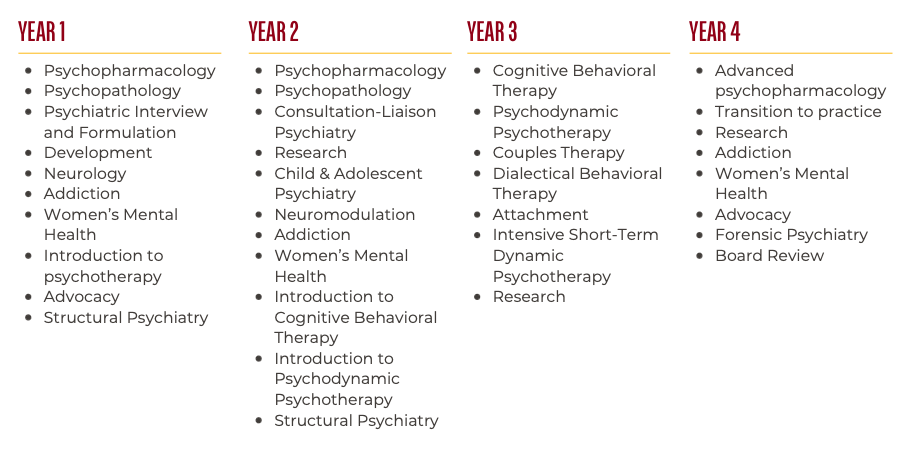About Omar Baig, MD
Resident Perspective
The drop-off site for departures at Boston’s Logan Airport is constructed with sentiment in mind. After you’ve said your rushed goodbyes to the departing party, you make a dramatic U-turn and find yourself once more facing the city. This time the car is empty, the trace of cologne and perfume the only remnants of the folks you’ve just bade farewell to. You immediately feel the potency of physical distance apart. The city seems larger, more frenetic, and even a little daunting. I first made such a trip to Logan Airport one week before residency began. Having driven with me on the near 2,000-mile trek from Houston to Boston, and then having subsequently helped me organize my apartment, my mom and brother took their flight home to Texas. As I drove back into Boston proper – facing a city that was brand new and completely foreign from the one I knew for the previous twenty years – I thought, “What have I done?” Ironically enough, “What have I done” has become a mantra during my intern year. Residency in general, and the first year in particular, can feel like a breathless experience. I’ve been deliberate after rotations, and even after especially eventful clinical workdays, to reflect on the progress I’ve made:
The year began with internal medicine at MGH. I experienced first the uncertainty, and later the satisfaction, of responding to nursing requests about patient X with a systolic blood pressure in the 200s, and patient Y with rates of a-fib in the 140s. As a psychiatry intern at MGH IM, you spend most of your time on the Bigelow service, where you and three interns collectively share clinical responsibility for all the patients on the list. The model necessitates teamwork while also facilitating a growing sense of autonomy. On medicine I learned how crucial the words “I don’t know” are, and how they serve as a springboard for new knowledge obtained, rather than as an admission of weakness. I’m certain that my time on internal medicine will make me a more thoughtful psychiatrist.
Psychiatry rotations at MGH have been an education in the value of interdisciplinary care. Rotating on Blake 11 – the inpatient psychiatry unit – can resemble playing in an orchestra: during rounds, nursing offers invaluable clinical input about a patient’s trajectory, social work raises important considerations about post-discharge care, occupational therapy sheds light about an individual’s functional status, etc. Moreover, I’m convinced that no other section of our hospital has as diverse a patient population as Blake 11. Amidst the breathlessness of intern year, I’ve cherished the feeling of time briefly stopping while I’m immersed in a patient’s narrative on Blake 11, assuming the privilege of hearing about a person’s life in their moments of distress.
On Blake 11, I also learned of the big, beating heart that defines our psychiatry program. As a person with a physical disability, I anticipated physical hurdles as a resident to accompany my time on the more procedural IM service. Having completed my IM blocks unscathed, I was surprised when the workflow on Blake 11 posed unique physical challenges for me. When I nervously shared my concerns with colleagues, I was met with unparalleled support. The chief residents and attendings were humble enough to acknowledge what they didn’t know and innovative in troubleshooting solutions. More than any other period in intern year, this experience confirmed that I’m at the right residency program.
The academic year will end with an intern-planned beach trip to Maine! Shortly thereafter, I’ll drive once more to Logan Airport. This time, I’ll be visiting family in Houston. My mom and brother, well-versed in FaceTime, will already be caught up on all the happenings of residency. My dad, preferring his conversations in-person, will no doubt ask the question that I’ve pondered over the last year: “What have you done?” There will be much to share.

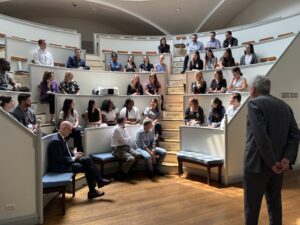
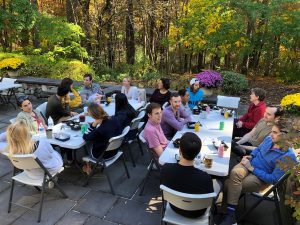
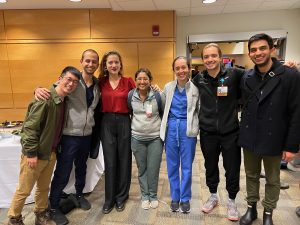
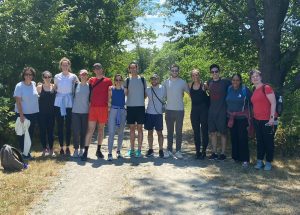
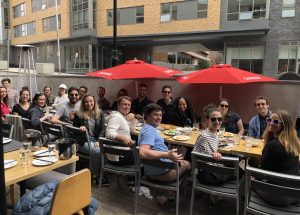
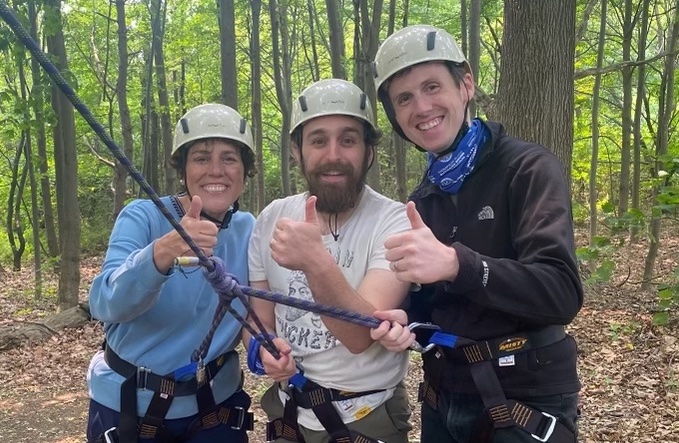
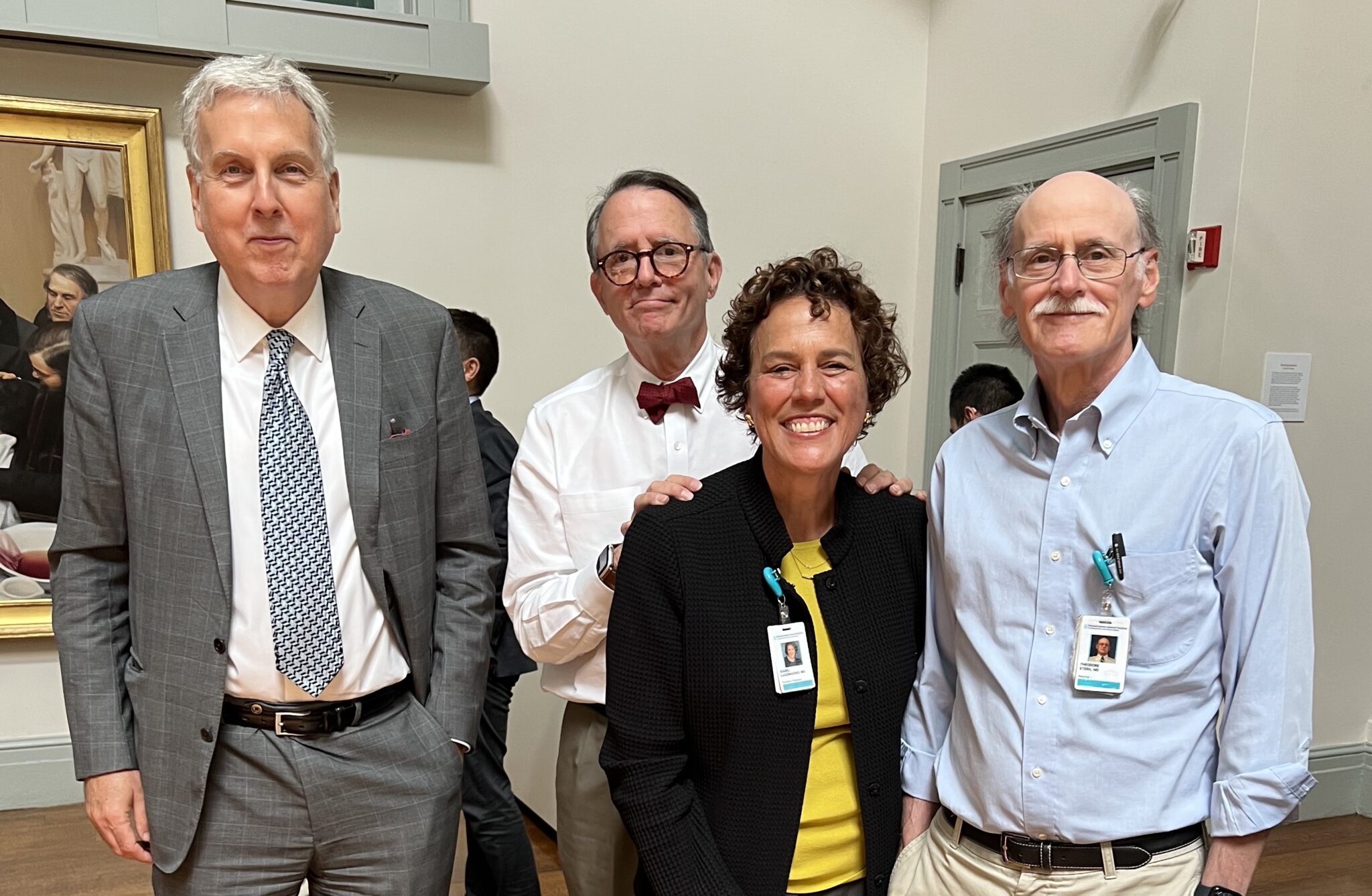

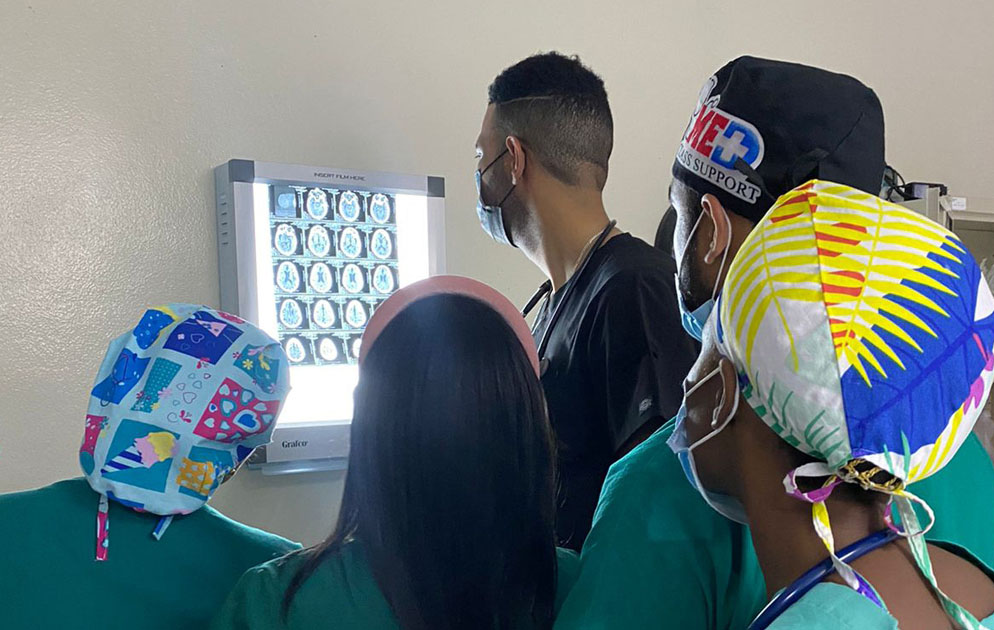

 Return to Resident Perspectives
Return to Resident Perspectives